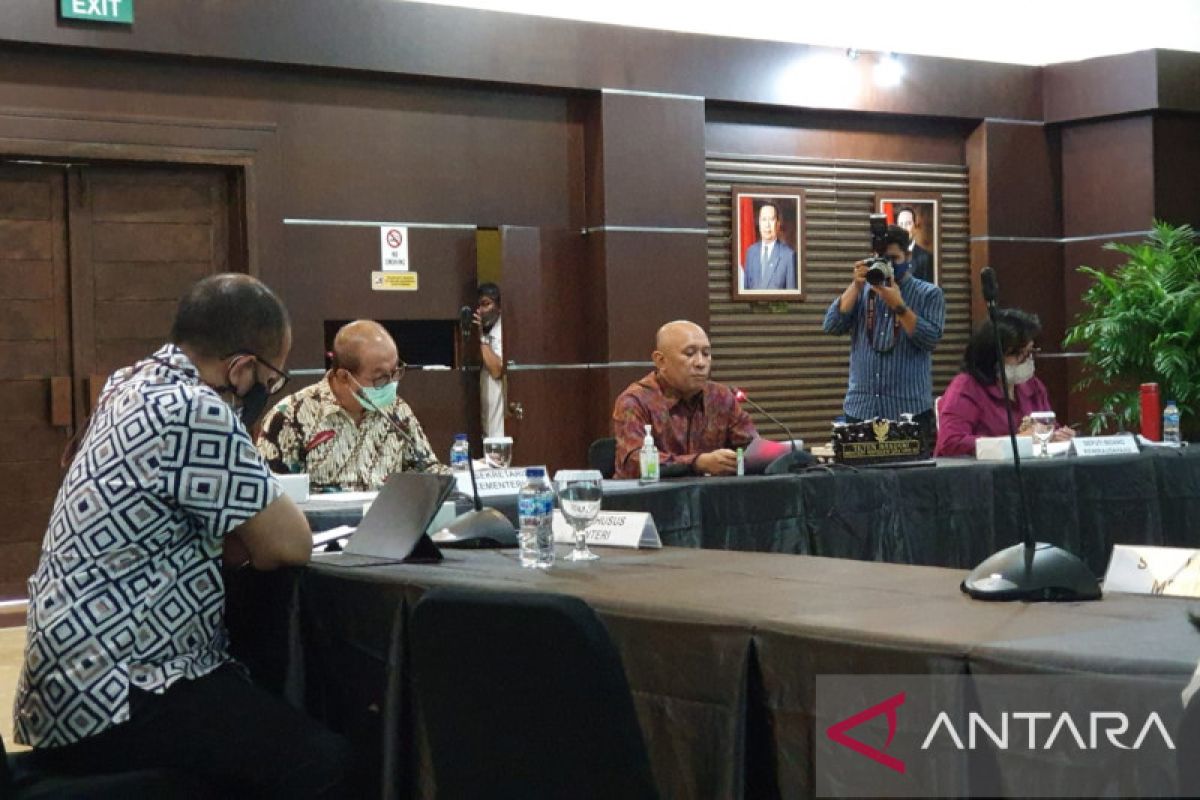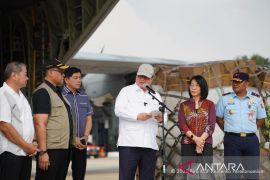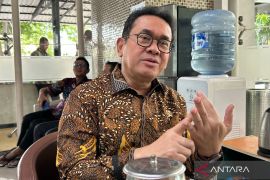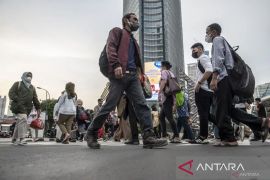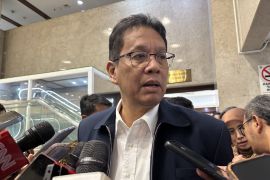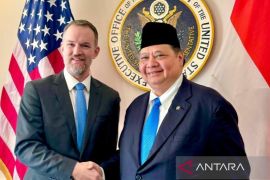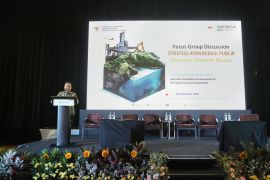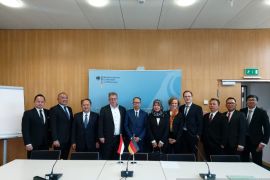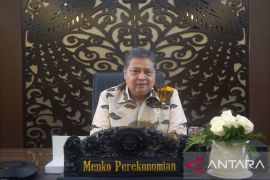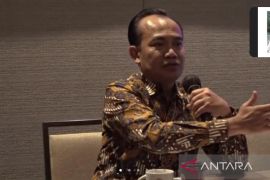According to the World Economic Forum (WEF) survey in 2019, some 35.5 percent of people aged 15-35 years in Indonesia are keen to become entrepreneurs.Jakarta (ANTARA) - The Coordinating Ministry for Economic Affairs strives to strengthen the national entrepreneurial ecosystem oriented to create technology-based added value as per Presidential Regulation Number 2 of 2022 on National Entrepreneurship Development for the 2021-2024 period.
“Presidential Regulation Number 2 of 2022 mandates the establishment of a National Entrepreneurship Development Committee that aims to synergize ministries and institutions as well as monitor the implementation of programs determined in the regulation," Deputy IV of the coordinating ministry Mohammad Rudy Salahuddin noted in an official statement received here on Saturday.
Coordinating Minister for Economic Affairs Airlangga Hartarto was appointed as the steering officer of the committee, while Cooperatives and Small and Medium Enterprises Minister Teten Masduki served as the executive head of the committee.
The coordinating ministry’s deputy assessed that strengthening the entrepreneurial ecosystem is important to prepare Indonesia in optimizing the peak of the demographic bonus in 2030.
"According to the World Economic Forum (WEF) survey in 2019, some 35.5 percent of people aged 15-35 years in Indonesia are keen to become entrepreneurs. The figure is one of the highest percentages as that compared to other ASEAN countries," he noted.
Related news: Women capable of becoming agents of entrepreneurial development
However, currently, Indonesia’s entrepreneurship ratio has only reached 3.47 percent. The number is quite low as compared to the government's target of 3.95 percent.
The presidential regulation also states that the government provides several benefits to entrepreneurs, including online registration of business licenses, assistance for standardization and certification, as well as access to financing and lending.
In addition, the business actors are given access to the state-owned enterprises digital market, provision of raw and auxiliary materials, research and business development, as well as business capacity improvement.
"In addition, the regulation states that incentives will be provided to entrepreneurs as reduction or exemption from regional taxes and levies, subsidies on loan interest of the government program credit, as well as income tax facilities," Salahuddin added.
Related news: Widodo lauds Muhammadiyah for encouraging entrepreneurial spirit
Translator: Sanya Susanti, Uyu Liman
Editor: Rahmad Nasution
Copyright © ANTARA 2022
